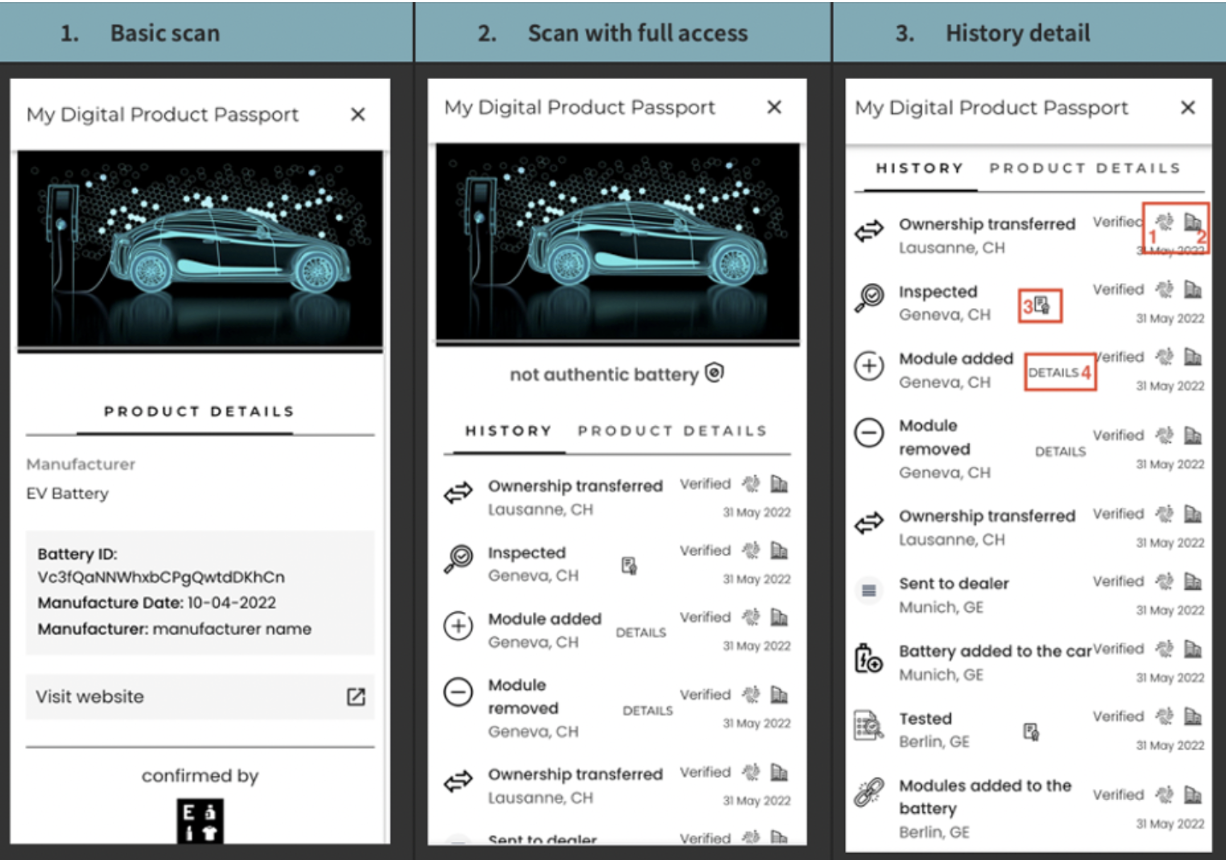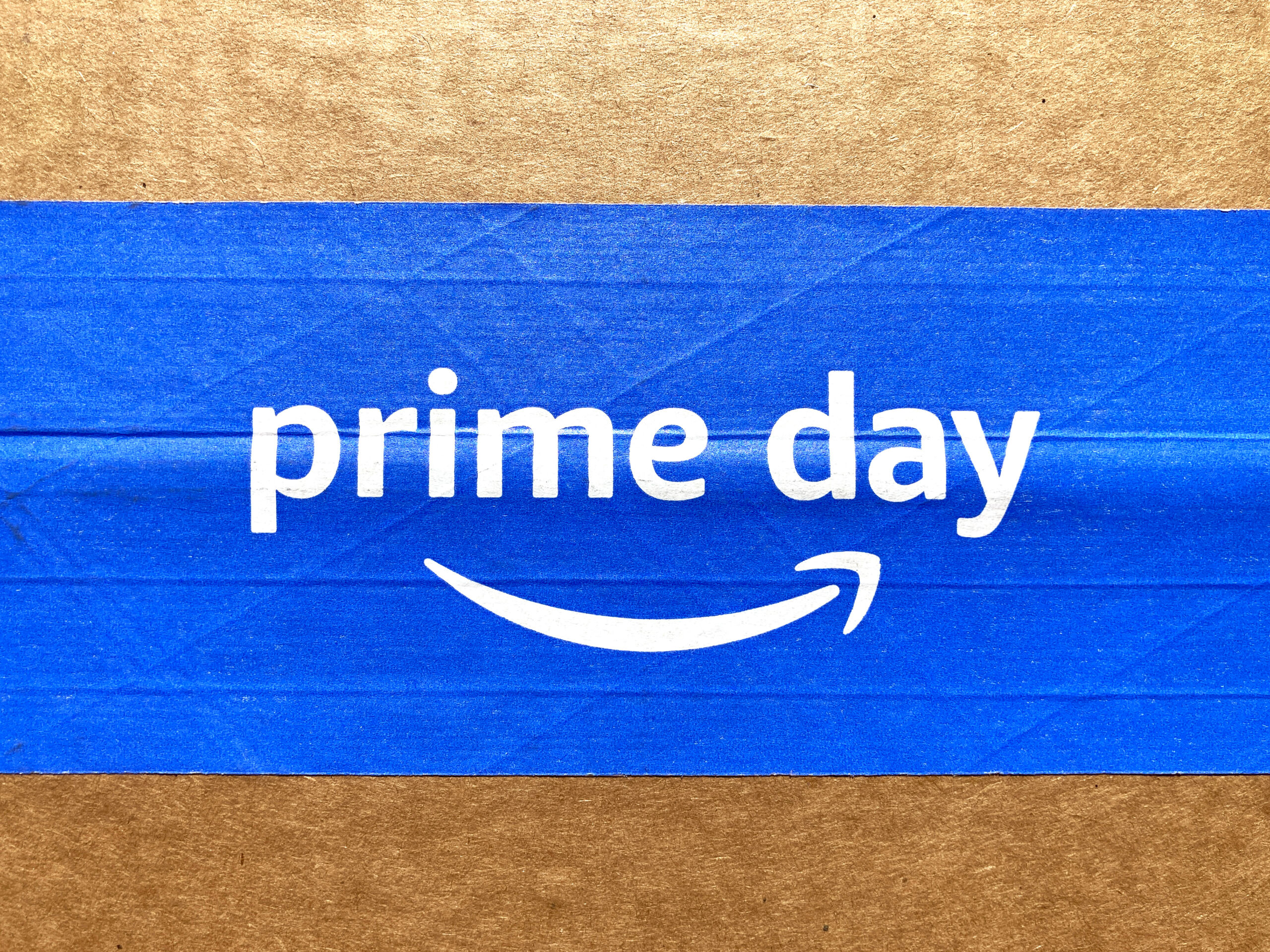As more brands are transitioning to Digital Product Passports (DPP), there are crucial steps that need to be taken to ensure that brands are compliant with regulations already in place and upcoming regulations. Ranging from data standardization to security protocols, let's take a look at a few strategies that can future-proof your business through your product information and lay the foundation for compliance with complex regulations.

Keywords
As brands continue to prioritize technology, sustainability, and transparency, legislation across the globe is evolving to support these efforts.
The European Union has been leading the charge with new regulations aimed at enabling a greener, more circular economy, particularly through one of the most impactful regulatory developments: the Digital Product Passport (DPP), a key element of the EU Strategy for Sustainable Products Regulation. This initiative falls under the broader scope of the European Green Deal, approved in 2020, which aims to make Europe the first climate-neutral continent by 2050.
While DPP is a European regulation, its effects are expected to ripple across global supply chains, making it a pivotal consideration for businesses worldwide.
But what exactly is the Digital Product Passport, how does it work, who is affected, and how can your organization prepare? Let’s dive in.
A Digital Product Passport (DPP) is a digital record that captures, stores, and shares comprehensive product information throughout its entire lifecycle, from raw materials to end-of-life. The goal is to make key sustainability and supply chain data available across the entire value chain so that manufacturers, suppliers, retailers, repairers, and consumers alike can make better-informed decisions.
The passport is expected to include data such as:
Product name and model: The official commercial name, model number, or SKU used to identify the product. Consistency in naming ensures traceability and prevents confusion, particularly when products are sold across multiple markets or channels.
Place and date of manufacture: The specific location(s) and timeline of the product’s production. It may include factory identifiers, country of origin, and the batch or lot number.
Warranty details: information about warranty periods, coverage terms, repair policies, any available extensions, and potentially also customer service contact information.
Unique product identifier: Each product must be assigned a globally unique ID, such as a serial number, GTIN (Global Trade Item Number), or QR code, that allows it to be digitally tracked through the value chain.
Material composition and origin: Detailed information on raw materials and components used in the product, including the types of materials, their percentage of content, and where they were sourced.
Sustainability metrics: Quantifiable data on the product’s environmental performance, such as carbon footprint, water usage, energy consumption during production, and emissions generated during transportation.
Repairability and durability scores: How easily the product can be repaired and how long it’s expected to last under normal use. This may also include standardized repairability ratings, expected lifespan, and availability of spare parts.
Presence of hazardous substances: Manufacturers will be required to disclose any hazardous or restricted substances included in the product, in accordance with REACH (Registration, Evaluation, Authorisation and Restriction of Chemicals) and RoHS (Restriction of Hazardous Substances) directives.
Recycling and end-of-life options: Detailed instructions on how the product (or its individual components) should be handled at end-of-life, including disassembly instructions, recycling center locations, or guidance on proper disposal.
The Digital Product Passport, as part of the larger European Green Deal, sets the overarching ambition to achieve net-zero emissions by 2050 and is designed to make sustainable products the norm, not the exception, across the EU.
This strategy aims to extend the lifecycle of products, ensure easier repair and reuse, and reduce waste, and the DPP in particular is the enabler of this strategy, making relevant product data accessible at every step, from design to disposal. For businesses, understanding this broader context is critical, as compliance with DPP is just one part of a much more comprehensive shift toward circular, transparent production and consumption.
For these reasons, the European Union mandates that DPPs support several strategic objectives:
The DPP serves as evidence of regulatory compliance, allowing businesses to prove adherence to current and future environmental and product safety regulations.
By providing transparency into product components and usage, the DPP encourages product reuse, easier recycling, and reduced environmental impact, all aligning with the EU Circular Economy Action Plan.
When sustainability and origin data are available at the point of sale, consumers can make ethical and eco-conscious purchasing choices based on accurate product information.
DPPs open up opportunities for businesses to introduce repair, refurbishment, and reuse models. Companies can move beyond the traditional take-make-waste model and embrace sustainable services.
In essence, the Digital Product Passport is a tool for traceability, transparency, and transformation, helping businesses and consumers alike to participate in a more sustainable future.
The implementation of Digital Product Passports will be phased in by product category, starting with those that have the highest environmental impact or strategic relevance. The first wave includes:
Batteries
Textiles and apparel
Construction materials
Electronics and ICT
Plastics and chemicals
Automotive components
If your product falls into one of these categories and is placed on the EU market, you will be subject to DPP compliance starting next year, even if your company is headquartered outside Europe. For example, if a US-based apparel brand manufactures its clothing in Asia and sells it in even one European Union country, every item must carry a compliant Digital Product Passport.
Access to the Digital Product Passport will become mandatory for all regulated products by 2026, with specific guidelines and technical frameworks still evolving as the European Commission continues to consult with stakeholders.
And while it may seem like a daunting task to meet these requirements (and it can be), the end result will be beneficial for regulators, businesses, and consumers alike. Consumers gain transparency, helping them support ethical brands, while retailers can reduce return rates by providing accurate, complete information and manufacturers can improve quality control and reduce waste by tracking materials and performance. Plus, repair services benefit from better access to technical specs and maintenance data. Ultimately, DPPs foster a more collaborative, informed ecosystem where sustainability is a shared responsibility.
While the final technical specifications for DPP are still being determined, it is clear that structured, reliable product data will be at the core of compliance. That means brands need to start preparing by consolidating and enriching their product information now.
Here’s how Akeneo can help future-proof your organization:
Akeneo’s Product Information Management (PIM) solution offers a scalable single source of truth tailored to your business’s specific needs. This is crucial for organizing and managing the complex attributes required by the Digital Product Passport.
You can easily group DPP-specific attributes into a dedicated structure within Akeneo (whether that’s a custom attribute group or table attribute), making it easy to manage and update as regulations evolve.
With Akeneo’s Tailored Export functionality, you can export product information in precisely the right format and language needed for compliance, ensuring consistency and accuracy across all channels and regulatory platforms.
To simplify DPP implementation, Akeneo offers the DPP App, developed by Ocode. This app helps brands transform product information stored in Akeneo PIM into a compliant Digital Product Passport in accordance with EU transparency and traceability guidelines.
This tool enables:
Generation of secure product passports
QR code integration for in-store and online visibility
Simple updates to product data as needed

Together, these capabilities make it easy to align with European Union regulations, maintain transparency, and build consumer trust.
Plus, brands that embrace transparency and sustainability can differentiate themselves in a crowded market and gain a competitive edge. By adopting a product experience (PX) strategy, you can go beyond regulatory requirements to deliver rich, personalized product content across every channel, empowering customers to make informed and confident purchasing decisions.
Akeneo’s ecosystem of composable tools enables you to:
Enrich product experiences across marketplaces, eCommerce sites, and retail stores
Respond quickly to regulatory or market changes
Create customer-centric storytelling around product sustainability and ethics
With a strong product data foundation and a future-ready strategy, your organization will be better equipped to adapt to any new regulation, including future expansions of the DPP initiative.
The Digital Product Passport initiative represents a monumental shift in how the world views product transparency and sustainability; and how brands operating across the globe will have to manage and share crucial product information.
Brands that start preparing now will not only avoid costly compliance issues but will also unlock new opportunities for innovation, engagement, and trust. As product data becomes the foundation for sustainable commerce, companies must ensure their systems, strategies, and partners are ready for what’s ahead.
With Akeneo, you gain a scalable, flexible platform to manage your product information and meet the ever-evolving demands of both customers and regulators. Whether you’re just beginning your DPP journey or looking to enhance your existing data capabilities, Akeneo can help you stay ahead of the curve.
To learn more about the DPP App or just better understand how to prepare for the future of sustainable commerce, connect with an Akeneo expert today.
Our Akeneo Experts are here to answer all the questions you might have about our products and help you to move forward on your DPP journey.


Explore how PCM helps brands centralize and enrich product data, streamline workflows, and improve content delivery across channels, and gain a...
Read more
2025 Amazon Prime Day has officially been announced for July 8-11; if you’re a brand looking to take full advantage of one of the biggest sales...
Read more
Explore how these 2025 Experience Award winners elevated product experiences by centralizing data, automating workflows, scaling globally, and...
Read more